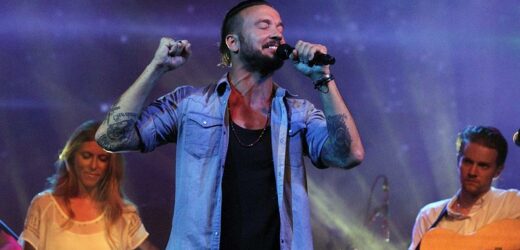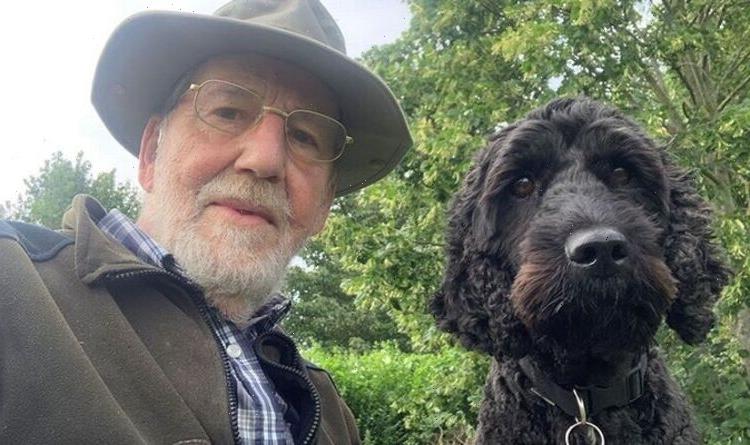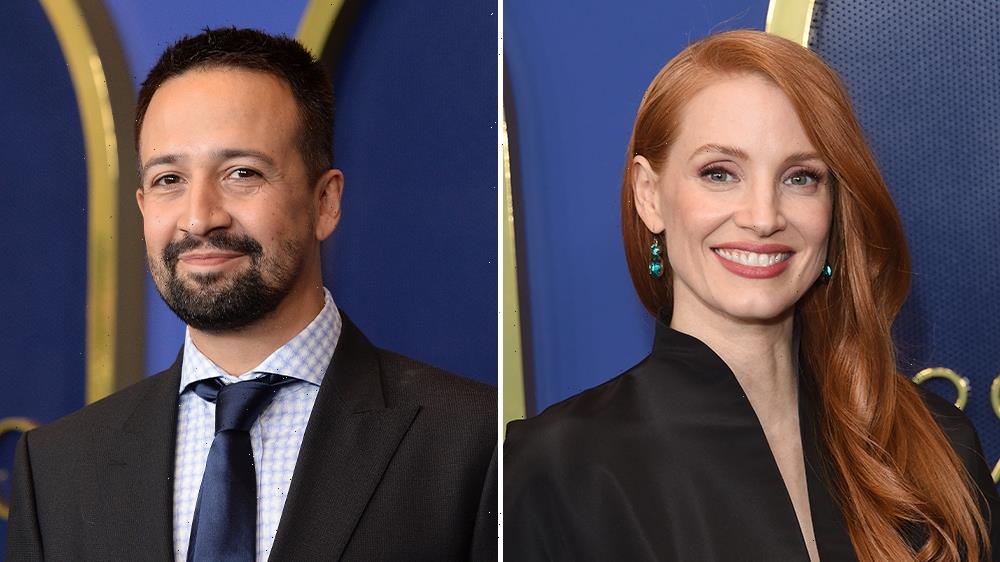Hillsong is best known as the international church that has attracted a flock of A-list attendees, including Justin and Hailey Bieber, Chris Pratt, Katherine Schwarzenegger, Kevin Durant, and Kylie and Kendall Jenner. When Dan Johnstone first approached making a documentary about the church — the three-part Discovery Plus docuseries “Hillsong: A Megachurch Exposed” — however, his interest was far more wide-ranging.
“I was a child of the ‘80s and ‘90s,” Johnstone said in his first interview about the project, which he executive produced. “I was, like, a huge sneakerhead; I’m into music, I’m into fashion. I grew up in a religious household. And so I sort of followed Hillsong, and I just saw this church that had crossed through all of those barriers.”
Having worked with Discovery on two previous projects, Johnstone and his company Breaklight Pictures set out to tell the story of how Hillsong — the popular, scandal-plagued church founded in 1983 in Australia by Brian Houston — had become “a cultural phenomenon,” as Johnstone put it, and “crossed over from religious culture into pop culture.”
The resulting docuseries, which premieres on Discovery Plus on March 24, will explore the full, tangled history of Hillsong. That includes Houston founding the church as an offshoot of his father Frank Houston’s Sydney-based Pentecostal church; the rise and fall of Carl Lentz, Hillsong’s most famous pastor; and Houston’s recent announcement that he’s stepped down from Hillsong for the rest of the year. The reason: He’s fighting criminal charges in Australia that he’d covered up decades-old child sexual abuse perpetrated by his father, which is also covered in the docuseries.
Johnstone said that “Hillsong: A Megachurch Exposed” is meant for general audiences and Hillsong obsessives alike, and seeks to answer the basic question of how the church became a massive international place of worship — as well as a huge business. In order to delve into those subjects, the docuseries needed to look closely at Hillsong’s appeal, which on a macro level is largely about its ability to leverage hipster Christian music — which in turn appealed to celebrity congregants like Bieber. “Gospel music is incredible,” Johnstone said. “I love it. And the theory of that is multiple voices united as one. And I wanted that emotional side, to hear people’s stories.”
“So it was two-fold,” Johnstone continued. “It was explaining the superstructure of the church and their success story, and then this emotional story underneath that just came about as I was researching and talking to people.”

For talking heads in the docuseries, “Hillsong” relies on such experts as journalist Elle Hardy, who’s written extensively about the church; New York Post reporters Hannah Frishberg and Oli Coleman; and a slew of ex-Hillsong volunteers and church members, none of whom look back on their experiences especially fondly.
Lentz — who was the pastor in New York City’s Hillsong chapter until Houston fired him in November 2020 for “moral failures” — is a central figure of investigation, of course. “I don’t think we would be having this conversation if it wasn’t for Carl Lentz,” Johnstone said with a laugh. “Carl Lentz is the catalyst that crossed them over.”
Before Hillsong, Lentz was at Wave Church in Virginia Beach, where he exerted cult-like control over congregants’ behavior — especially in their dating lives, as several interviewees attest in “Hillsong.” But when Lentz moved to New York City for Hillsong, his public profile exploded. “He has an incredible talent,” Johnstone said. “He’s incredibly charismatic, and he can stand next to superstars, and he doesn’t look any different. He stands next to Justin Bieber, and he is as big a personality as he is — or standing next to Oprah and Kevin Durant. Like, he’s a superstar.”
Or Lentz was a superstar, anyway: After Houston fired him in 2020, Ranin Karim, a woman with whom the married Lentz had an affair, became part of the story of the famous pastor’s downfall, and was the subject of media scrutiny.

In “Hillsong,” Karim says her piece. “I wanted Ranin to have a voice,” Johnstone said. “One of her concerns is that she is defined by this event. And I wanted her to be individualized.”
On camera, Karim plays the effusive video messages Lentz sent her during their five-month relationship, which Johnstone said shows “this conversation between the two of them,” and illustrate that the affair wasn’t “one-sided.”
“It makes it more real,” he added.
“Hillsong” postulates that Houston and Lentz were rivals, and that their competitiveness contributed to Lentz’s ouster — but Johnstone is careful about how he characterizes the relationship between the two men. “I wanted to show the quickening,” he said. “I wanted to show Brian had a vision for the church, and Carl was the catalyst that became that vision. Anything other than that, I can’t speak to it.”
Another infamous church misstep was its fumbling, cruel cover-up of the sexual assault of Anna Crenshaw, who as a student at Hillsong College in Sydney, Australia, was attacked at a party by a Hillsong worship leader (whose father happened to be the church’s head of human resources). Crenshaw appears in “Hillsong” to tell her story, as does her father Ed Crenshaw who helped force Hillsong to deal with what happened to his daughter.
“I wanted their voices to be more than just a headline,” Johnstone said. “Talking to Ed and to Anna, it was powerful.”
With 150,000 members worldwide, Hillsong continues to be a potent global brand. The question remains whether Houston’s decision to step aside, which Johnstone calls “a huge event,” will affect the church’s expansion (and its business success). “I’m sort of waiting to see,” Johnstone said.
In “Hillsong,” several interviewees are overcome as they discuss their past traumas with the church. “I was most surprised at the depths of people’s feelings,” Johnstone said. “I was unprepared for just how deep some of those feelings go.”
Source: Read Full Article


